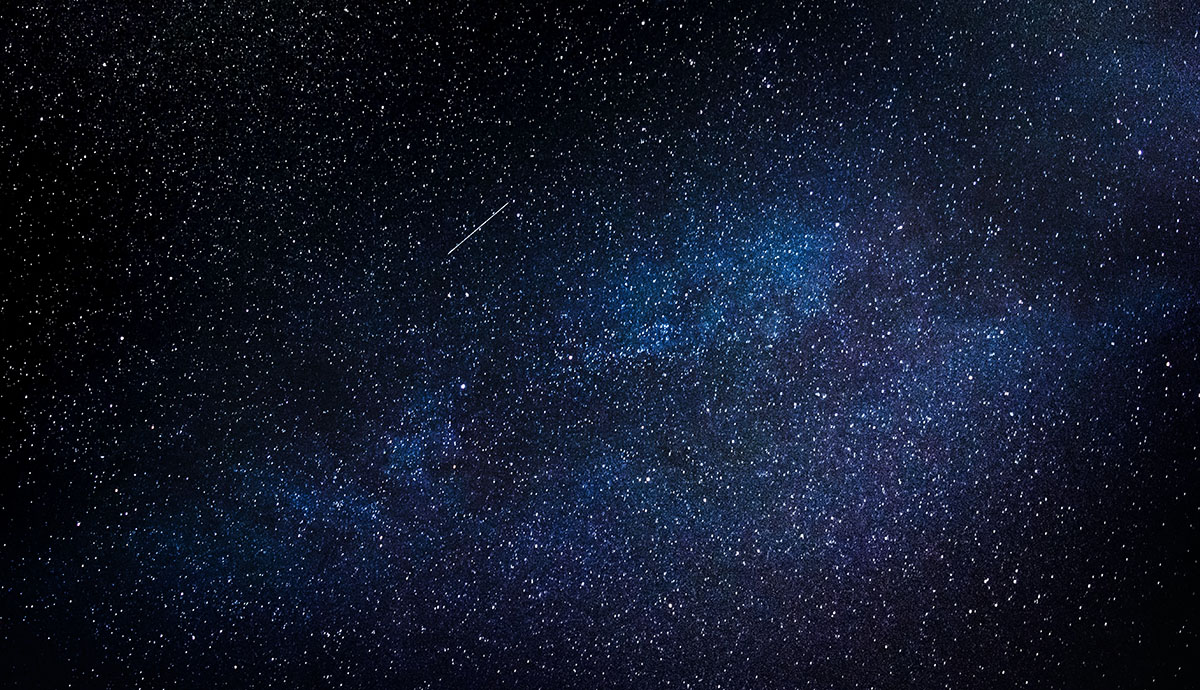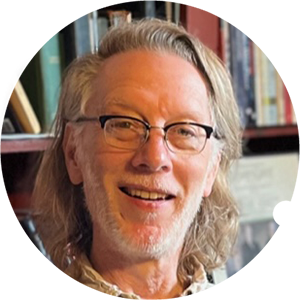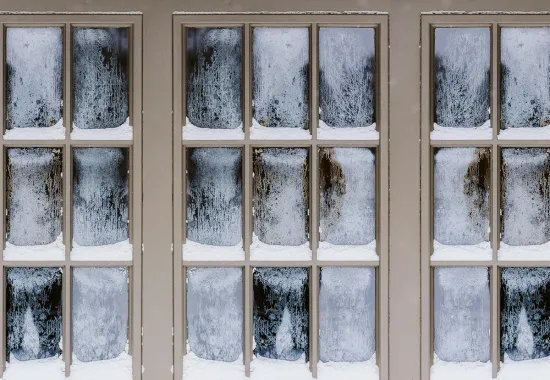Constellations
The night is thick, and they walk from the house out onto the lawn, the boy and his mother, his hand strange in hers, unfamiliar, but welcome. “I’m to tell you about your father,” his mother says. “She says you’ve been asking.”
“And you,” the boy says. “I want to know about you.”
Above them, the sky is clear and filled with stars. His mother walks with her head bent back, her eyes sweeping the black heavens. “Do you know your constellations?” she asks. Her voice is soft, as if it comes from a long way off and the boy has to listen carefully to hear her.
“I can find the Big Dipper,” he says, following her gaze, smelling the fermented perfume of her breath.
“My mother tried to teach the constellations to me when I was a girl,” his mother says. She says this to the sky, and the boy thinks it odd, her saying my mother as if the woman doesn’t stand watching them from the porch.
“In summer,” his mother says, “In summer, when the heat was too much for sleeping in the house, we would leave my father listening to the radio in the kitchen, and my mother would take me out in the yard with my pillow and blanket, and we would lie on the grass, and she would name the constellations to me.”
His mother lifts her free hand to the sky and offers an unfocused wave to the stars.
“That’s Scorpio, she would say, pointing to the night sky, and she would tell me the story that goes with Scorpio. Do you know that story? Has she told you? Then she would shift her hand against the sky and say, That’s Capricorn.”
His mother, again, waves generally to the stars.
“And she would tell me the story that goes with Capricorn. But I could never see them, the scorpion, the goat, any of them. I could never follow her finger to the pictures she said were there, and I would lie on my back on my blanket with my head on my pillow on the grass, and I would close my eyes and lie in the darkness, listening.”
“Does she tell you stories?” his mother says. “Does my mother tell you things?”
The boy does not answer. He does not know how to be, and when his mother lets loose his hand and lowers herself onto the grass, he follows her, allows her to pull him in close to her.
“Do you know what I listened to?” his mother asks. “Do you know what I listened to, lying in the grass in the darkness while my mother pointed to the stars? I listened to the call of the fights carrying from the radio through the open window at the house. There was a rhythm to it, a chant that was dark and mysterious and more poetic than any of the stories my mother told me about the stars, more poetic than the poems she read to me. It spoke to me. Told me things my mother didn’t tell me.”
“Some of those stars aren’t there at all. We see their light, but the stars that made that light died years ago. Years ago. That’s me. I’m one of those stars.”
His mother lies back in the wet grass, and the boy sits beside her, his eyes not leaving her face, the scent of her breath stronger, sweeter.
“Did you know my father?” she asks. “No. He was old when I was a girl. What did he look like? He combed his hair straight back, and he smoked a pipe. Prince Albert. He wore gray dress socks that fell down around his ankles, and he didn’t care. I remember standing beside him at the table, leaning against him, my head against his shoulder. He put his arm around me, rested his hand on my head.”
She is quiet then. Her eyes are closed. The boy wonders if she has fallen asleep. He starts when she speaks.
“She doesn’t tell you those stories,” his mother says with closed eyes.
The boy shifts himself and lies next to his mother. They lie beside one another in the wet grass looking up to the night sky.
“He was old,” the boy’s mother says. “He was old when I was born, and he was old before he met my mother. My mother named the stars, and I lay in the grass seeing him in my mind, sitting in his chair by the radio, listening, alone in the dark, to the chant, and I would breathe deep breaths hoping to catch a hint of the smoke from his pipe escaping the house through the screen of the open window.”
His mother lifts her head and turns to the boy. She looks into his face as if she has just realized he is there, and she is not sure who he is, and in that moment, the boy thinks that someday he will tell someone the story of his mother and how he lay with her under the stars, and he will long for the sweet perfume of her breath.
“Do you know the thing about constellations?” she says lying back in the grass. “The thing about constellations is, you have to know they’re there before you can see them. You have to know where to draw the lines. So many stars, and you have to know which ones to bring together and which ones to keep apart. How do you know? How does anyone ever know?”
“And there are stars you can only see from the corner of your eye, stars that out of the billions of other stars catch the corner of your eye, and when you turn to look at them . . . they’re gone.”
Again she lifts her hand to the sky, hesitant, unsure.
“Your father was one of those stars,” she says. “He caught the corner of my eye, and when I turned . . . he was gone.”
“Do you know,” his mother says. “Some of those stars aren’t there at all. We see their light, but the stars that made that light died years ago. Years ago. That’s me. I’m one of those stars.”
They lie in the wet grass, the boy beside his mother, no pillow, no blanket. She closes her eyes, and the boy can see that she is listening, listening, and seeing the fragile flare of her nostrils as she takes in the night air, the boy wishes he knew something to give her.
“I could live with you,” the boy says.
His mother opens her eyes and closes them again. “I asked my mother once why I had to go outside with her,” she says. “I asked why I couldn’t stay in the house with my father. Two people beating the lives out of each other, she said. That’s what’s in there. Two people beating the lives out of each other.”
“No,” she says. “This is how you know I love you. You live here because I love you.”
The boy’s mother is quiet then, and again he thinks she might be sleeping. But when he lays his head on her breast, he feels her lay her hand on his head. And when he closes his eyes against the stars there is nothing but darkness and the beating of his mother’s heart.
Recommended
The Monstera
The Wild Women of Brigantine
The Salamander






